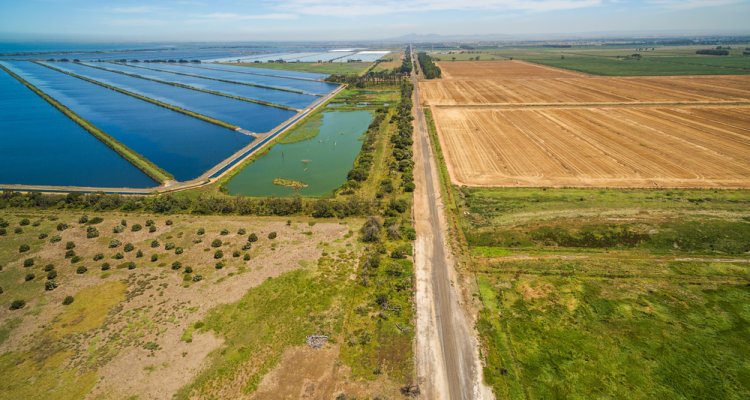
PhD defence
Selective ion removal with electrodialysis from fundamental understanding to process design
Summary
The global freshwater demand is continuously increasing due to rising population, industrialization and poor water management. Reuse of treated wastewater can help to decrease the pressure on the limited amount of freshwater resources. Globally, agricultural irrigation corresponds to ~70% of the water demand with a great potential for water reuse. However, such applications are limited due to the accumulation of harmful ions, such as sodium (Na+), in the irrigation water, which inhibits plant growth. Selectively reducing Na+ levels while keeping the concentration of nutrients like potassium (K+) high in the irrigation water is essential for sustainable water reuse; yet it is a great technological challenge due to the similar physical and chemical properties of these ions. This thesis aims to evaluate the selective removal of Na+ and K+ ions from water with an electrically driven membrane process, electrodialysis (ED). The process performance is evaluated by theoretical and experimental studies based on the ion transport mechanisms, properties of the membranes, and process operational conditions.